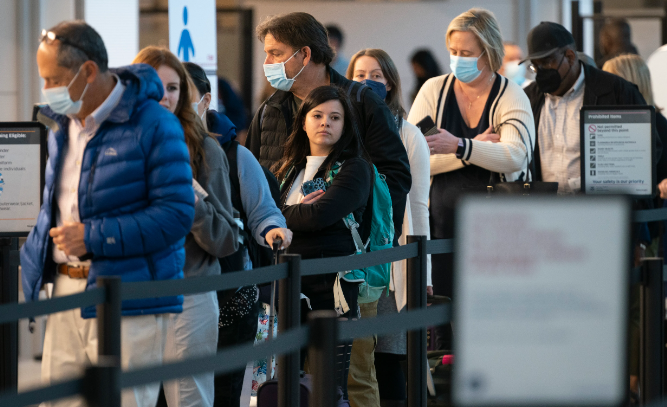Skiplagging refers to the act of a passenger purchasing a ticket that includes a layover or connection to their intended destination, but intentionally choosing not to take the subsequent portion of the flight as per the ticket. While this behavior is not against the law, numerous airlines are revising their policies and imposing penalties on individuals who engage in skiplagging. With the significant increase in airfare costs in recent times, travelers are adjusting their strategies accordingly.
According to Aktarer Zaman, the creator and CEO of Skiplagged.com, his platform empowers individuals and levels the playing field for weary travelers who are tired of engaging in battles with airlines over excessive pricing. The website offers insights into the potential risks associated with this practice and provides useful tips to ensure a seamless travel experience.
Airlines have primarily directed their legal actions toward online service providers in recent times, but they will also address frequent offenders and may even impose bans on travelers from availing their services. The terms and conditions outlined in the ticket’s fine print constitute a contractual agreement for transportation, and travelers could face fines or penalties if they do not fulfill their obligations under this contract by adhering to the travel stipulations of their ticket.
Airlines establish their pricing and regulations for valid reasons, but skiplagging emerges as a direct outcome of the industry dynamics crafted by the airlines themselves. Airlines point out that this practice can potentially lead to delays as staff members attempt to locate the “missing” passenger.
Irrespective of one’s preferred mode of travel, it has become increasingly crucial to carefully review the terms and conditions to ensure mutual compliance with all requirements. The positive aspect arising from the pandemic was a heightened awareness among people regarding the intricacies of travel cancellation policies and the entitlements that parties retain under specific circumstances.
Furthermore, a growing number of businesses, particularly airlines, are now upholding the right to safeguard their employees by granting them the authority to handle disruptive customers. The notion of “the customer is always right” no longer holds absolute sway in every situation.








